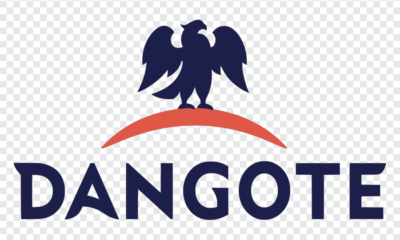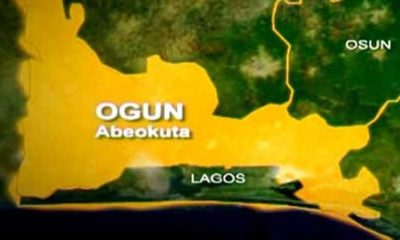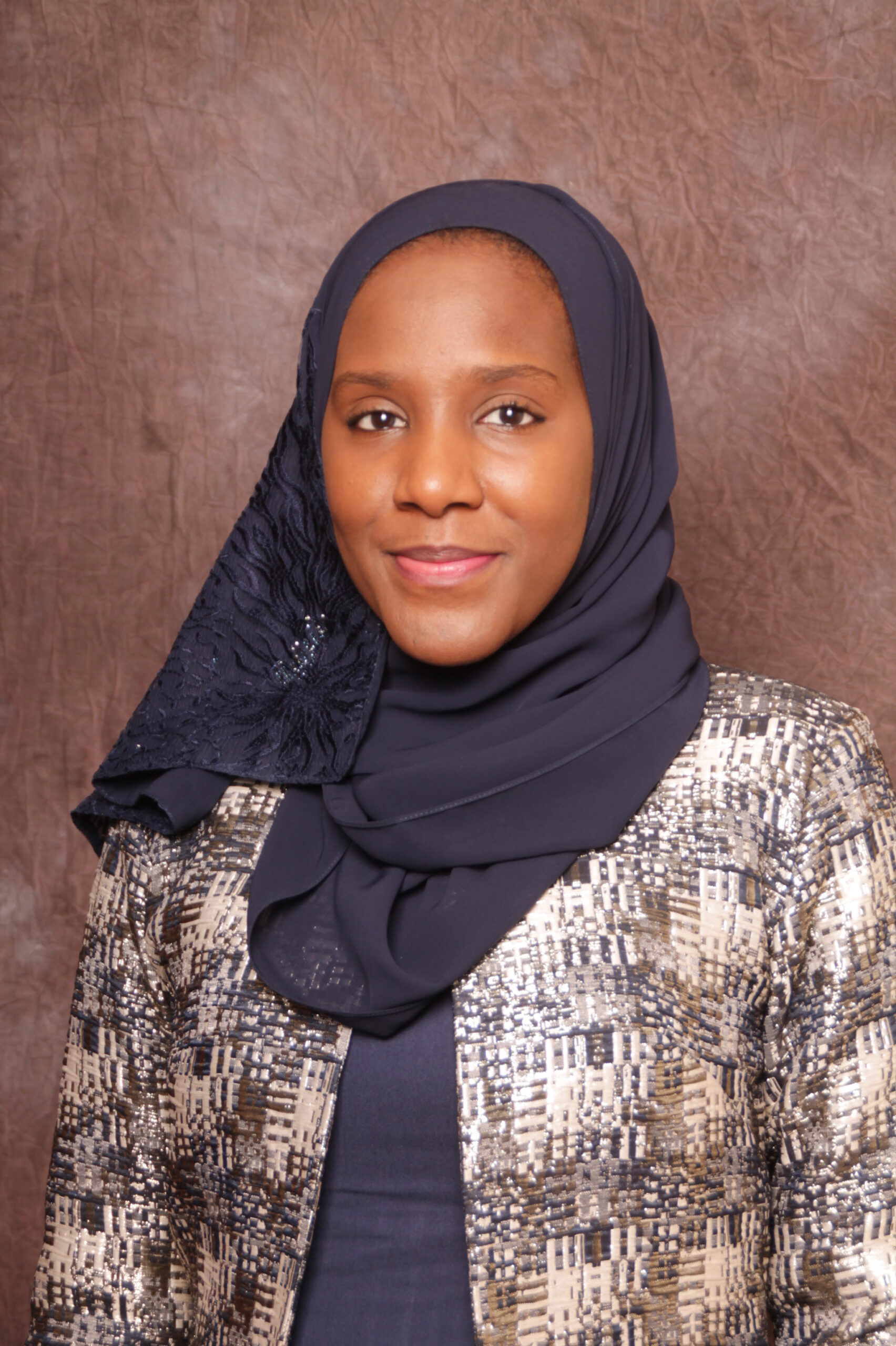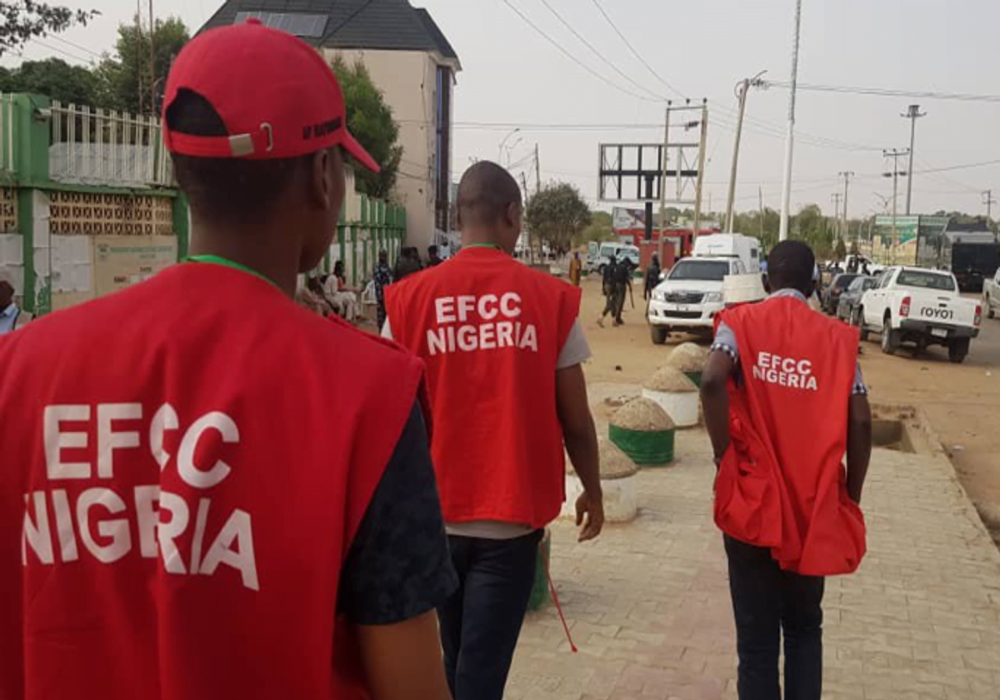Business
DIL Again Emerges ‘The Most Valuable Brand In Nigeria’

For the seventh consecutive year, the Dangote Industries Limited (DIL), has emerged as most the valuable brand in Nigeria.
Biztellers reports that to achieve this, DIL led other top brands like MTN, Airtel, Access Bank, Globacom and many others which were also ranked by the organisers.
This was contained in the latest report of the TOP 50 BRANDS NIGERIA® rankings, an annual celebration of the most influential and valuable brands in Nigeria.
ALSO READ: Dangote Refinery Launches Euro-V Petrol
According to the report, the DIL is immediately followed by MTN Nigeria, which not only ranks second overall but also emerged as the Most Popular Brand in the country for the year, according to the Top-of-Mind (TOM) survey.
MTN’s strong consumer connection and widespread recognition highlight its significant impact on the telecommunications sector and beyond.
At the third place this year is Globacom Nigeria, a leading Nigerian multinational telecommunications company known for its innovative solutions and commitment to progress.
Globacom’s consistent ranking among the top brands indicate its significant role in Nigeria’s digital and technological advancement.
Airtel Nigeria, another key player in the telecommunications sector, secured the fourth position, while Access Bank ranked fifth, topping the banking and financial services sector.
The organisers stated that, “This year’s list is a testament to the resilience, innovation, and enduring relevance of brands that continue to shape Nigeria’s economic, particularly in challenging times.”
A significant highlight this year is that seven of the first 10 brands out of the 50 are Nigerian, emphasizing the resilience and global competitiveness of home-grown brands, most of which had spread abroad.
Additionally, it is impressive to note the consistency among the top brands, with seven of them maintaining their positions from last year. This stability reflects their continued relevance, strong market presence, and ability to navigate the complexities of the Nigerian business environment.
Nigerian brands account for 24 spots on the top brands list this year, while international brands hold 26 positions, representing 52% of the total.
The 2024 list also witnessed the entry of two new brands, these are Opay Nigeria and Flutterwave, which made their debut in the annual Top 50 evaluation.
These new entrants highlight the growing influence of fintech and digital payment platforms in shaping Nigeria’s economic future.
Notably, 14 brands maintained their positions from the previous year, reflecting their consistent performance and consumer trust.
Another set of notes in the presentation are the 10 Brands to Watch – These are vibrant and upcoming brands, who, though not among the 50 Top Brands yet, but with significant visibility and promises. This year, 9 of the 10 Brands to Watch are Nigerian.
During the public presentation, Taiwo Oluboyede, CEO of TOP 50 BRANDS NIGERIA®, commended the brands for their exceptional performance resilience, particularly in the face of the present economic challenges.
According to Oluboyede, “These brands deserve commendation, really, especially in times like this. The past year has been tough for many businesses, with some relocating out of Nigeria and others barely holding on. However, the majority of these brands have shown the resilient Naija spirit by weathering the storms and standing strong with positive projections into the future”
He went on, “As the saying goes, tough times never last, but tough people do. It’s in times like this that you differentiate between the boys and the men, as these brands have shown.”
The 2024 TOP 50 BRANDS NIGERIA® list is a celebration of excellence, resilience, and the relentless pursuit of growth.
Business
ADF Flags Off N16Bn 2025 National Food Intervention Programme

Over one million Nigerians nationwide will receive a 10kg bag of rice each, with the Aliko Dangote Foundation (ADF) distributing the staple food as part of the 2025 Annual National Food Intervention Project.
The initiative, which commenced on Thursday would is estimated at a whooping cost of N16 billion.
During the flag-off of the nationwide distribution in Kano, Chairman of the Foundation, Alh Aliko Dangote, said the distribution of one million bags of 10kg rice to the poor and vulnerable Nigerians in the 774 Local Government Areas (LGA) in Nigeria was in line with the core values of his businesses and the ADF.
Dangote, who was represented by his daughter, Mariam Aliko Dangote said, “This annual initiative, which embodies compassion, solidarity, and shared responsibility, is part of our response to the current economic challenges facing our nation. It reflects our commitment to supporting our communities in line with our core values.”
ALSO READ: BREAKING: Rivers Chief Judge Under Probe For Alleged Age Falsification
He highlighted that the Foundation was kicking off the distribution in Kano State, after which it will proceed to other states, assuring that all arrangements are in place to ensure the food reaches those who need it most in all the LGAs of Nigeria.
Dangote, reputed to be Africa’s wealthiest person opined that food remains a basic human necessity, and this is why the ADF adopted the practice of embarking on a food distribution programme across Nigeria.
“We are collaborating with state governments to ensure that the food reaches the most vulnerable individuals in each state,” he added.
According to Dangote the ADF focuses on improving the living conditions of Nigerians through support for projects which tackle hunger and water supply problems, strengthen the quality and scope of health and education, and promote economic empowerment at the community level.
“Your excellency, I believe that today’s event will help in tackling hunger and helping the most vulnerable people in breaking their fast. We are playing our role in enhancing the living conditions of our people. I urge other industrialists and firms to lend a helping hand in combating hunger through programmes and initiatives that will place food on the tables of vulnerable Nigerians. This job should not be left to the government alone, rather we need a public private partnership that will help us in fighting the scourge.
“I commend the government at all levels for their efforts at addressing the food crisis. I am certain that with time, we shall overcome these challenges, therefore let us support the government to achieve its target of a better life for Nigerians, “he said.
On his part, Kano State Governor, Abba K. Yusuf, who flagged off the National Food Intervention Programme commended the good gesture and said the intervention reflects the unwavering commitment of Alh Dangote in addressing poverty and hunger in Nigeria.
The Governor, who was represented by his Deputy, Comrade Aminu Abdulsalam Gworzo said 120,000 bags of 10kg rice will be distributed across the 44 Local Government Areas of the state.
He described Alh Dangote as humane, adding that: “A similar event took place last year where he personally oversaw the distribution of food stuff to the poor in this very arena.”
To ensure transparency in the distribution process, he said the state government has set up a committee comprising of relevant ministries, CSOs, religious leaders, departments and agencies, local authorities, the Hisbah Board and security agencies.
Managing Director and Chief Executive Officer of the Aliko Dangote Foundation, Zouera Youssoufou, said the Annual National Food Intervention Project is a way of giving back, and supporting governments in fighting poverty and hunger in Nigeria.
She said that Alh Dangote is passionate about philanthropy and committed to ensuring that hunger is wiped out or reduced to the minimum in Nigeria.
“We are going to other states to distribute the products, but we’ve just flagged off in Kano,” she told newsmen on the sideline of the Kano Government House, venue of the flag off.
The Deputy Commander-General of Hisbah Board in Kano, Dr. Mujahid Aminudeen, thanked the ADF for the initiative, urging more Nigerians to emulate Alh Dangote in the humanitarian cause.
He said the Hisbah Board will ensure that the products reach the targeted beneficiaries.
One of the beneficiaries, Ibrahim Ahmed, speaking on behalf of others thanked Alh Dangote for his large heart saying the gift would go a long way in reducing food pressures on them especially during the Ramadan while also praying God to continue to help him in his businesses.
Recall that the ADF has been at the forefront of tackling and ameliorating the impact of natural disasters and health challenges in Nigeria and the rest of the world.
The ADF donated N153million to boost Nigeria’s fight against Ebola Virus Disease in 2014, $3million to the African Union (AU) to help combat the scourge, and N66.66 million to install thermal scanning systems and cameras at Nigeria’s 4 international airports.
During the COVID-19 pandemic, we donated N2billion to the CACOVID Fund, a Private Sector task force in partnership with the Federal Government, the Nigeria Centre for Disease Control (NCDC) and the World Health Organisation (WHO) with the sole aim of combating Coronavirus (COVID-19) in Nigeria.
In support for education, we donated a N1.2bn modern business school edifice to the Bayero University, Kano, a fully equipped 2,160-bed capacity hostel complex to the Ahmadu Bello University, Zaria and a N300 million building to University of Ibadan Business School.
Beyond the shores of Nigeria, the ADF has also recorded milestones with a donation of $1million, to lift victims of two earthquakes that devastated Nepal.
Business
Lawmakers Call For Immediate Reversal Of ATM Fee Increase

The Central Bank of Nigeria (CBN) is under pressure to suspend its recently introduced increase in Automated Teller Machine (ATM) transaction charges due to the country’s worsening economic conditions.
During Tuesday’s plenary session, Marcus Onobun, a lawmaker representing Esan Central/Esan West/Igueben Federal Constituency in Edo State, raised concerns over the policy through a motion of urgent public importance.
He noted that the CBN’s directive not only increases withdrawal fees but also removes free ATM transactions for customers using other banks’ machines, adding to the financial strain on Nigerians.
SEE ALSO: Direct CBN To Suspend ATM Fee Hike Pending Court Verdict, SERAP Tells Tinubu
According to the new regulations, customers withdrawing from their own bank’s ATMs will still enjoy free withdrawals.
However, those using other banks’ ATMs will now be charged N100 for withdrawals of N20,000 within a bank’s premises. At off-site ATMs, such as those in shopping malls or markets, the charge remains N100, but with an added N500 surcharge.
Onobun, a member of the Peoples Democratic Party (PDP), argued that Nigerians are already struggling with economic difficulties, including high inflation, rising fuel costs, increased electricity tariffs, and multiple banking fees.
He warned that the additional charges could further discourage financial inclusion, particularly among low-income earners, contradicting the CBN’s own agenda.
“The banking sector continues to record significant profits, yet customers are being burdened with more charges without any improvement in service delivery or infrastructure. This is unfair and unacceptable,” he stated.
Following his motion, Speaker Tajudeen Abbas put the matter to a voice vote, and lawmakers overwhelmingly supported it.
As a result, the House of Representatives called on the CBN to immediately halt the implementation of the policy until further consultations are held with relevant banking and finance committees.
Business
NNPC Ltd Clarifies Naira-Crude Contract With Dangote Refinery

The Nigerian National Petroleum Company Limited (NNPC Ltd) is already emplacing an new naira for crude contract with the Dangote Petroleum Refinery and Petrochemicals, because the initial contract was for six months which expired in March 2025.
This clarification was made in a statement in Abuja by the Chief Corporate Communications Officer, NNPC Ltd, Olufemi Soneye on Monday.
ALSO READ: Naira-For-Crude Policy Still-In-Force – Chairman, Technical Sub-Committee
According to Soneye, the NNPC Limited has noted recent reports circulating on social media regarding the alleged unilateral termination of the crude oil sales agreement in Naira between NNPC Ltd. and Dangote Refinery.
To clarify, the contract for the sale of crude oil in Naira was structured as a six-month agreement, subject to availability, and expires at the end of March 2025. Discussions are currently ongoing towards emplacing a new contract.
Under this arrangement, NNPC Ltd. has made over 48 million barrels of crude oil available to Dangote Refinery since October 2024. In aggregate, NNPC Ltd. has made over 84 million barrels of crude oil available to the Refinery since its commencement of operations in 2023.
NNPC Limited remains committed to supplying crude oil for local refining based on mutually agreed terms and conditions.




















